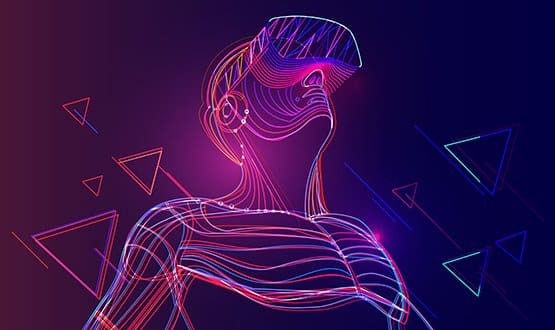Evelina London and King’s College London have joined forces to develop a new virtual reality (VR) technology that enables surgeons to better prepare for heart surgeries.
The technology brings together scans to create a 3D digital image of the heart, which can be used by surgeons ahead of procedures. By doing so, it can shorten operation times, reduce the need for multiple surgeries and lead to better outcomes and experiences for patients.
Surgeons who trialled early versions of the software said that it helped to increase their understanding of the structure of each individual patient’s heart, as the 3D imaging helped them to immerse themselves fully in the image. In addition they were able to interact with and manipulate the images, and trial options in virtual reality ahead of the physical heart operation itself.
Lead researcher, Professor John Simpson, consultant paediatric and fetal cardiologist at Evelina London and King’s College London, said: “Procedures to repair the heart’s anatomy can be complex, and surgeons don’t like surprises. Each patient’s condition has individual characteristics to their heart. Our technology will allow surgeons to plan and practice these procedures, and we’re currently applying for approval for it to be used in this way.
“We think that this technology could also be used outside of congenital heart disease surgeries, to plan any procedure which aims to repair a structural problem within the heart, such as valve surgery in an adult patient.”
Funding for the VR technology came from Evelina London Children’s Charity and the British Heart Foundation.
3D imaging of the heart was also implemented by NHS England last year, with its tool HeartFlow. This tool has the ability to turn regular heart CT scans into 3D images to allow clinicians a better view to aid their diagnostics.

